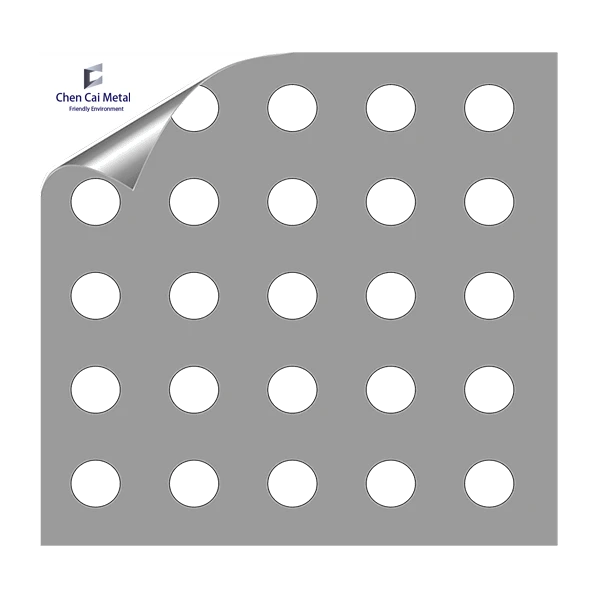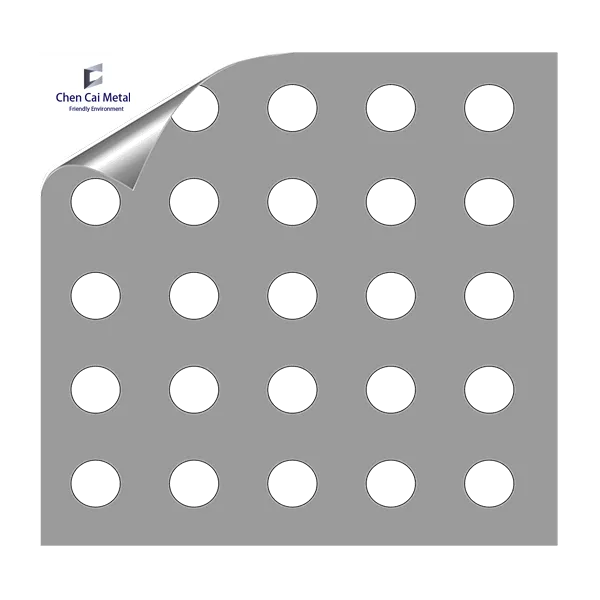
(perforated sheet)
Perforated sheets serve as versatile architectural and industrial components, with 78% of global manufacturers utilizing them for filtration, ventilation, or decorative purposes. Stainless steel variants dominate 42% of the market due to their corrosion resistance, while aluminum accounts for 29% of lightweight applications.
Premium stainless steel perforated sheet
s demonstrate:
Comparative tensile strength data:
| Material | Yield Strength (MPa) | Cost Premium |
|---|---|---|
| 304 Stainless | 215 | 15-20% |
| Carbon Steel | 250 | Base Price |
| Aluminum 6061 | 276 | 25-30% |
Leading suppliers differentiate through production capabilities:
| Vendor | Hole Tolerance | MOQ | Lead Time |
|---|---|---|---|
| Supplier A | ±0.08mm | 10m² | 14 days |
| Supplier B | ±0.12mm | 25m² | 21 days |
| Supplier C | ±0.15mm | 50m² | 30 days |
Advanced manufacturers offer:
Perforated metal sheet pricing follows this matrix:
Automotive manufacturers report 18% weight reduction using perforated steel sheets in chassis components. Construction projects achieve 30% faster installation versus solid panels.
Industrial users confirm 22% operational cost reduction through optimized perforated sheet specifications. The global market projects 6.7% CAGR growth through 2028, driven by stainless steel perforated sheet adoption in chemical processing and architectural applications.

(perforated sheet)
A: Stainless steel perforated sheets are widely used in industrial filtration, architectural facades, and machinery guards due to their durability, corrosion resistance, and aesthetic appeal. They also serve as safety barriers or ventilation panels.
A: Complex patterns (e.g., small or custom-shaped holes) increase manufacturing time and material waste, raising costs. Simpler designs with standard hole sizes are more cost-effective for large-scale projects.
A: Price depends on material grade (e.g., 304 vs. 316 stainless steel), sheet thickness, hole size/density, and order volume. Additional treatments like galvanization or powder coating also add to the cost.
A: Yes, manufacturers offer customization of hole shapes (round, square, slot), sizes, and spacing. Custom patterns may require CAD designs and longer lead times depending on complexity.
A: Stainless steel provides superior corrosion resistance, ideal for outdoor or high-moisture environments. While initially more expensive than carbon steel, it offers longer lifespan and lower maintenance costs.